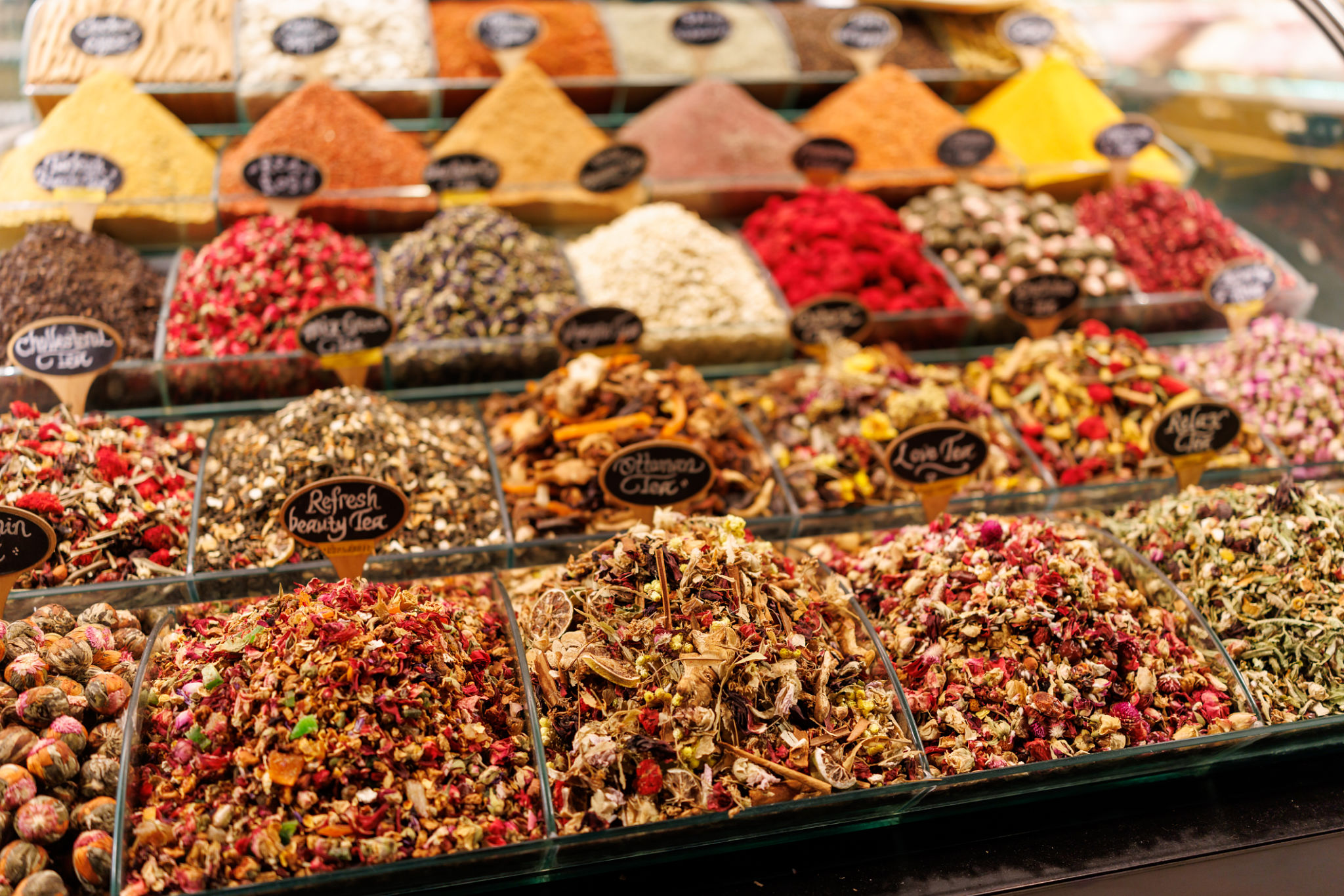Mastering the Art of Saffron: A Spice Guide for Gourmet Enthusiasts
Understanding Saffron: The Golden Spice
Saffron, often referred to as the "golden spice," is renowned for its unique flavor, vibrant color, and exquisite aroma. This precious spice is derived from the flower of Crocus sativus, commonly known as the saffron crocus. The delicate red stigmas are handpicked and dried, making saffron the most expensive spice by weight. For gourmet enthusiasts, mastering the art of saffron can elevate culinary creations to new heights.

The Origin and History of Saffron
Saffron has a rich history that spans thousands of years. Originating in the Middle East, it has been cultivated for over 3,000 years. Ancient civilizations in Persia, Greece, and India revered saffron not only for its culinary uses but also for its medicinal properties. Today, the primary producers of saffron include Iran, India, and Spain, each offering distinctive qualities influenced by their regional climates and cultivation techniques.
How to Choose Quality Saffron
When selecting saffron, it's crucial to choose high-quality threads to ensure the best flavor and color in your dishes. Here are some tips for choosing the best saffron:
- Color: Look for threads with a deep red hue, as this indicates high-quality saffron.
- Aroma: Quality saffron should have a strong, slightly sweet aroma.
- Origin: Consider saffron from reputable regions like Iran or Spain.
Beware of counterfeit or diluted saffron, often mixed with other substances to reduce cost.

Culinary Uses of Saffron
Saffron is a versatile spice that can be used in a variety of dishes. From savory to sweet, its unique flavor profile enhances many cuisines. In Persian dishes like tahdig and Indian biryanis, saffron adds a luxurious touch. It is also a key ingredient in traditional Spanish paella, lending its distinct taste and golden hue.
To use saffron effectively, it is typically soaked in warm water or milk before being added to dishes. This helps release its full flavor and color, ensuring even distribution throughout the dish.

The Health Benefits of Saffron
Beyond its culinary appeal, saffron is also praised for its potential health benefits. It is rich in antioxidants, which help combat oxidative stress in the body. Some studies suggest that saffron may improve mood and reduce symptoms of depression. Additionally, it has been used in traditional medicine to aid digestion and promote overall well-being.
Storing Saffron for Longevity
To preserve the quality of saffron, proper storage is essential. Store it in an airtight container away from light and moisture. A cool, dark place like a pantry is ideal. This will help maintain its potency and prevent it from losing its flavor over time. When stored correctly, saffron can last up to two years.

Incorporating Saffron into Your Gourmet Creations
To truly master the art of saffron, experiment with incorporating it into your favorite recipes. Start with small amounts to avoid overpowering your dish, as a little goes a long way. Whether you're enhancing a classic risotto or infusing a decadent dessert, saffron's distinctive qualities are sure to impress.
Conclusion: Embrace the Luxurious Flavor of Saffron
Saffron's rich history and unparalleled flavor make it an essential spice for any gourmet enthusiast. By understanding how to select, use, and store saffron properly, you can unlock a world of culinary possibilities. Embrace this golden spice and let it inspire your next gastronomic adventure.
